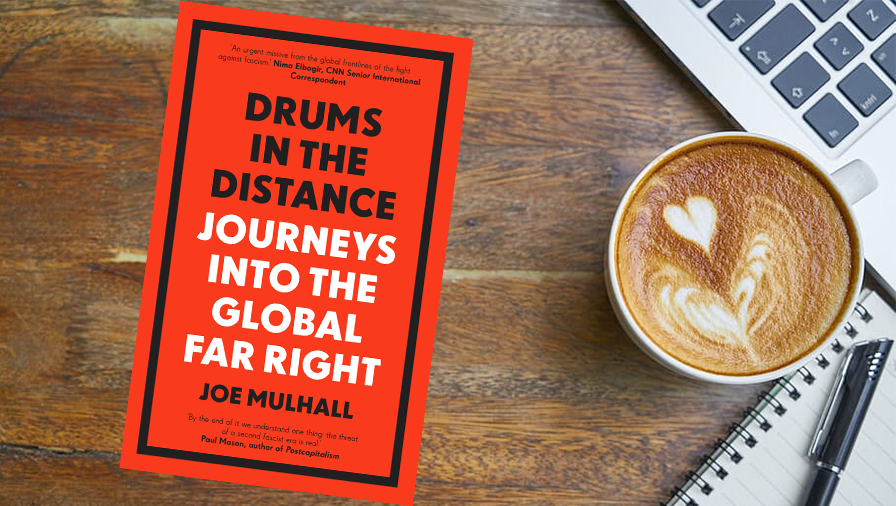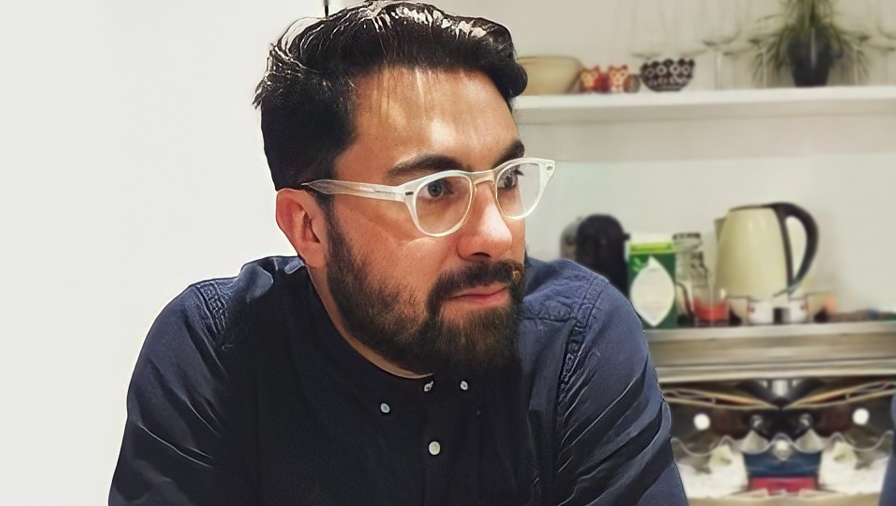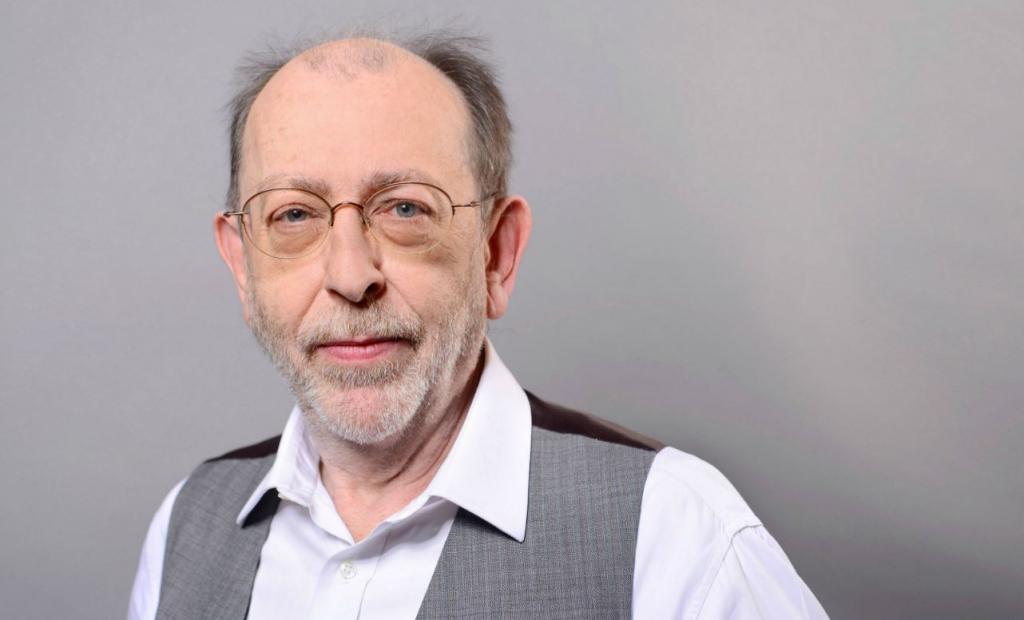

A journey into the right-wing fringe
OPINION: The inside story of how infiltrating activists take on their fascist enemies.


OPINION: The inside story of how infiltrating activists take on their fascist enemies.
The UN’s Credentials Committee, which approves the appointment of ambassadors from its 193 member states, has deferred a decision on its two most recent applications.
One is from Myanmar’s military junta, which seized power in a coup on February 1 and wants to replace the envoy of the democratically elected government with one of its own.
Afghanistan’s Taliban, which took power after the previous government collapsed, seeks to do the same. So far, neither group has received international recognition as legitimate rulers.
China and Russia are two of three most powerful members of that committee, which is chaired by Sweden. The third is the US, while the remainder are all minor players – the Bahamas, Bhutan, Chile, Namibia, Sierra Leone – and nominally democratic.
The committee’s decisions are normally reached by consensus, so the deferment can be viewed as a small victory for democracy.
But the reality is that China and Russia are likely to welcome both into its global network that is showing a remarkable ability to frustrate the democratic world.
The Cold War may have polarised global politics but it has been replaced by a more sophisticated one based on mutual interests in kleptocratic financial structures, security services (military, police, paramilitary groups, surveillance) and professional propagandists rather than ideology.
This description is from an article in The Atlantic magazine, ‘The bad guys are winning’, by American journalist and author Anne Applebaum: “The baddies are united by a desire to preserve and enhance their personal power and wealth, and do so by emphasising the weakness of democracy, and in particular the US and its allies.”

Mutual interests
Recent events have demonstrated the ability of these regimes to act in their mutual interests, such as Russia, China, and Iran supporting Belarusian dictator Alexander Lukashenko through military, political, and economic means.
Similarly, Nicolás Maduro’s Venezuela gets support from nearby Cuba’s secret police. Russia and China have invested in Venezuela’s oil industry, while Turkey helps out its gold trade.
The ‘Maduro model’ enables dictators to survive despite pushing their countries into poverty and to the verge of economic collapse. Syria is another example of a dictator holding on to power even at the cost of being a failed state. Belarus, Myanmar, and Afghanistan could face a similar fate, but they can count on a lifeline of financial and military support from Russia, China, and Iran.
If Applebaum’s “bad guys” are so effective at maintaining the world’s pariah states – which also include North Korea and Pakistan (through their spread of nuclear weapons) – where do the Western world’s activists fit in?
Primarily, their targets are not these autocracies, but are ‘fascist’ elements inside the democracies themselves. This much is gleaned from Drums in the Distance, an insider’s account of far-right organisations that are seen as a threat to democratic norms, and promote hate against outsiders (mainly illegal immigrants) on racial or religious grounds.

Undercover activism
The author is Joe Mulhall, who has spent a couple of decades working undercover for an “anti-fascist” British organisation. Originally known as Searchlight, founded by the Labour Party in 1964, the group was relaunched in 2004 as ‘HOPE not hate’, which I will refer to as HNH for simplicity’s sake.
For most of its existence, HNH has monitored various right-wing movements on its home soil, such as the BNP (British National Party), EDL (English Defence League), Britain First (BF), Generation Identity (GI), and UKIP, the pro-Brexit UK Independence Party.
Mulhall identifies all as having fascist elements, if not completely fitting his definition of far-right. HNH’s modus operandi is to infiltrate or monitor all these groups’ demonstrations, meetings and other forms of activism.
Individuals are identified and, where possible, they are sanctioned through pressure on employers using sympathetic left-wing journalists, a practice better known these days as ‘cancelling’.
For example, Mulhall claims his undercover exposé of GI’s British leader was instrumental in that group’s demise. As most of these far-right groups do not easily operate in the open, such exposés are effective and lead to fragmentation.

Ideological origins
Identitarianism is an interesting example, as its far-right origins go back to a French ideologist, Alain de Benoist, founder of GRECE (research and study group for European civilisation) in 1968 and its offshoot Génération Identitaire, launched in 2012. At its peak in 2019, Indentitarianism had spread to 23 countries around the world and GI, its biggest network, had 65 regional branches in nine countries.
Mulhall describes its anti-liberal and anti-socialist ideology as fundamentally rejecting the “ideals of the 18th-century Enlightenment and Christianity, instead harking back to a pagan past and mythical European identity”.
In 1999, de Benoist co-authored Manifesto of the European Renaissance, which argued that liberalism and globalism had led to the “eradication of collective identities and traditional cultures”. It bemoaned the “unprecedented menace of homogenisation” wrought by immigration, which was an “undeniably negative phenomenon”.
Furthermore, it argued in favour of “ethnopluralism”, in which different ethnic groups are equal but ought to live in separation from each other.
These ideas have filtered through the far-right and have manifested themselves in a variety of political expressions, ranging from anti-Islamism, opposition to refugees and illegal migrants from Africa and the Middle East, to forms of extreme nationalism.

French politician Éric Zemmour, whose presidential campaign rally in Paris this week ended in clashes with anti-fascist protesters, supports some of this ideology. (For a full explanation of his often contradictory views, see RJ Smith’s Zemmour’s Final Word.)
No European country is without a party that espouses these policies to one degree or another. Some are mainstream and participate in governments from Austria and Poland to Hungary and Sweden.
The links of GI’s ideology as a motive for the Christchurch mosque shootings of March 2019 are noted, as are the (unnamed) perpetrator’s financial donations to branches in several countries, and his contact with de facto leader Martin Sellner.
International stage
Mulhall’s activities have not been restricted to the UK and the European continent. He devotes several chapters to his undercover work in America, where the far-right includes vigilantes patrolling the southern border with Mexico and the alt-right ideologues who helped President Donald Trump win the 2016 election.
Mulhall doesn’t add much to what is already known about the alt-right in America and its most recent outrage, the storming of the Capitol Building in January. Nor does he object to the rights of people to express chauvinist views on defending Western civilisation (alt-lite).
But Mulhall avoids exporting HNH’s crusades to dictatorships that are plainly undemocratic or fascistic. Instead, he singles out two large democracies for treatment. One is India’s embrace of Hindu nationalism (Hindutva ideology) and the other is Brazil’s president, Jair Bolsonaro, for his policies on climate change and the pandemic.
To avoid criticism that HNH tolerates Islamic terrorism, Mulhall makes a fleeting visit to Erbil in Iraq to check out ISIS, the Islamic State, at the height of its atrocities. Back home, he befriends and later exposes Al-Muhajiroun (AM), Britain’s most extreme Islamic organisation, and helps in its removal from the public arena.
Mulhall travels to Kos, in Greece, where HNH is active in supporting the rights of illegally-trafficked refugee immigrants arriving from Turkey.

HNH activity also included frustrating the work of a far-right group, Defend Europe, which had chartered a ship, C-Star, to oppose groups rescuing illegal migrants off the coast of Libya. Eventually, Defend Europe had to abandon its use of C-Star after HNH and others engineered a boycott that prevented the ship on safety grounds from entering European ports.
The lesson from this is that exposure of small and seemingly powerless far-right groups is possible in an open, democratic society. But pursuing the much bigger baddies who actually run countries and kill hundreds to keep doing so is a problem for someone else.
Drums in the Distance: Journeys into the global far right, by Joe Mulhall (Icon Books)
Nevil Gibson is a former editor at large for NBR. He has contributed film and book reviews to various publications.
This is supplied content and not paid for by NBR.
Sign up to get the latest stories and insights delivered to your inbox – free, every day.